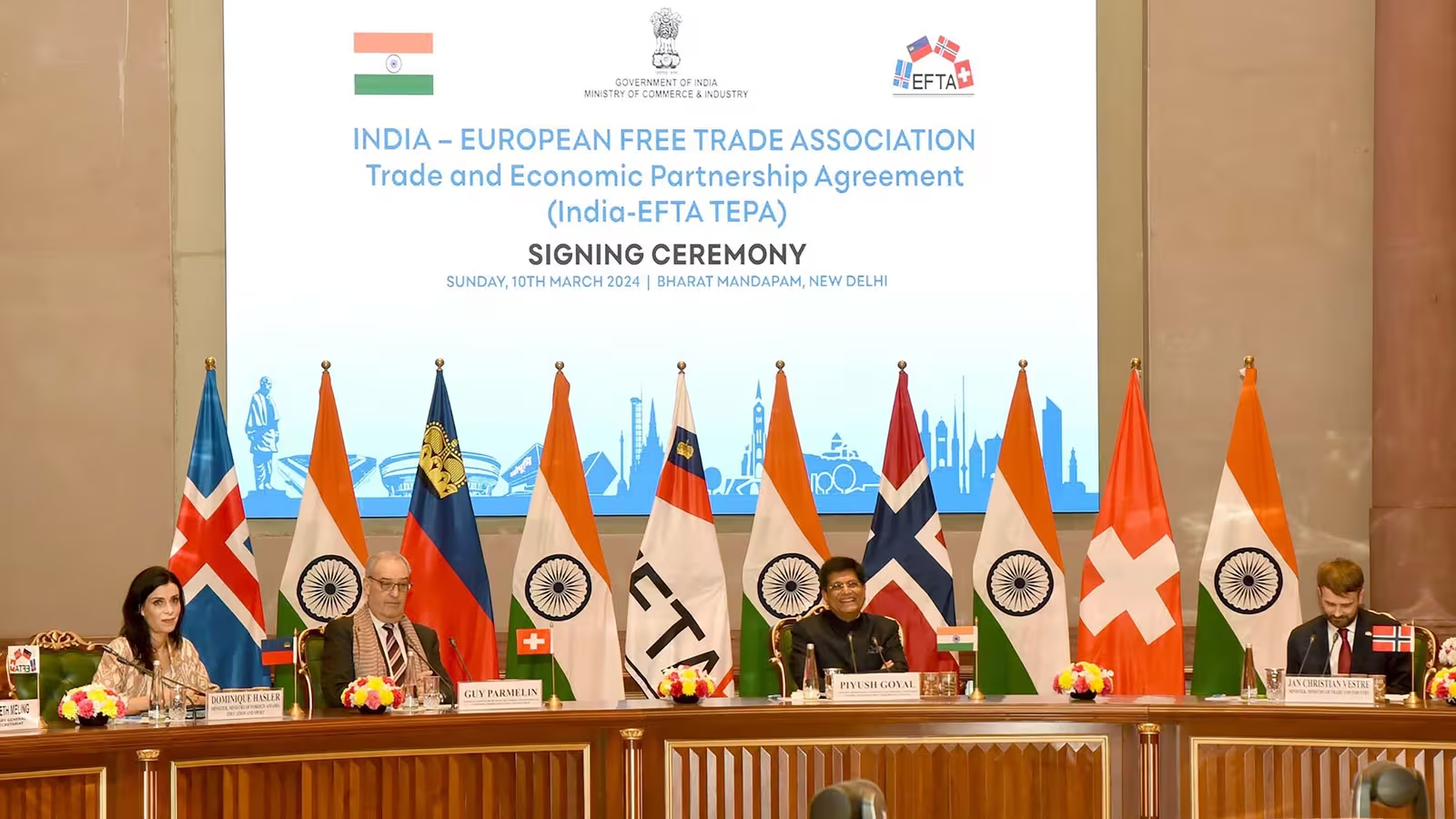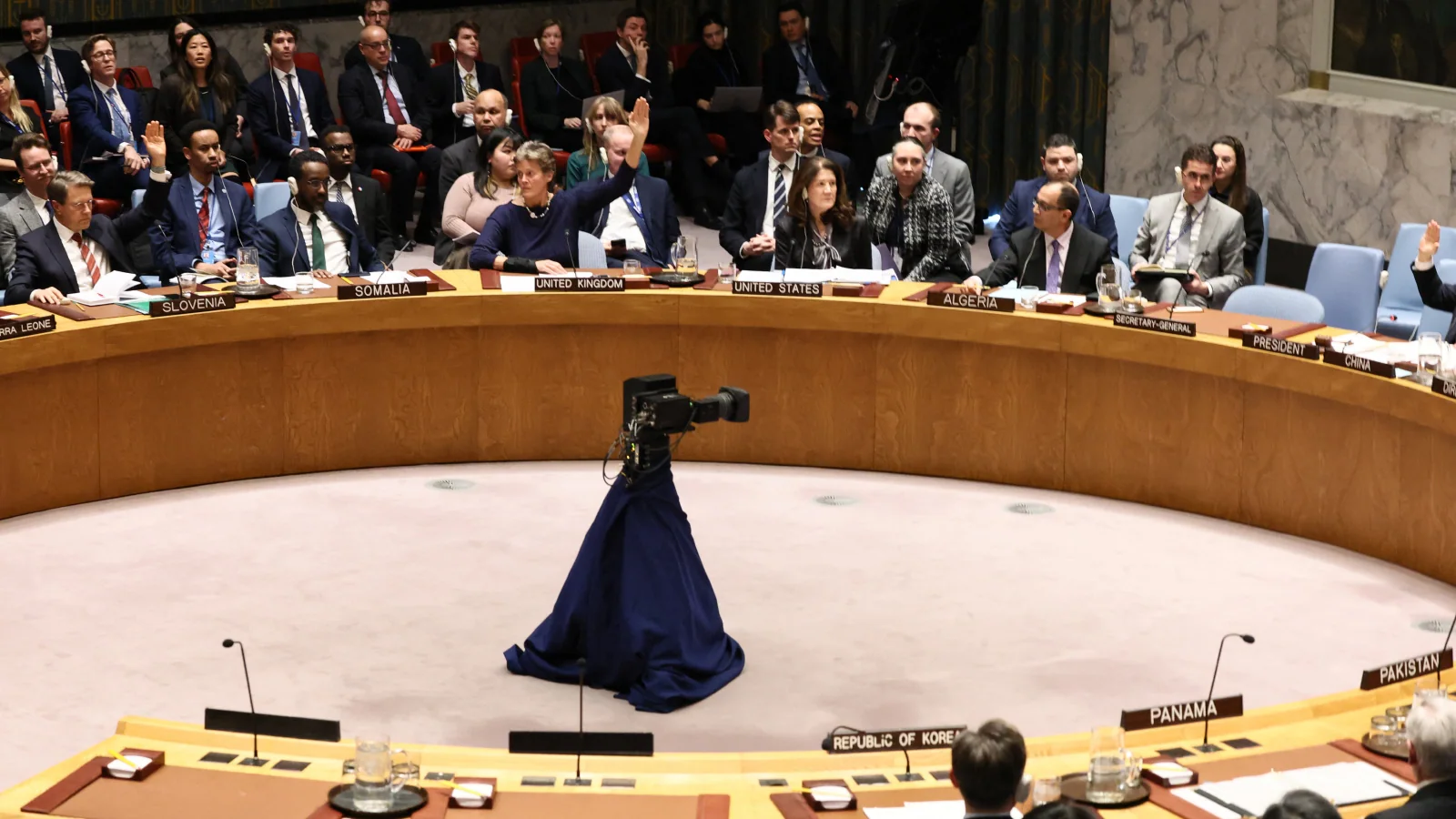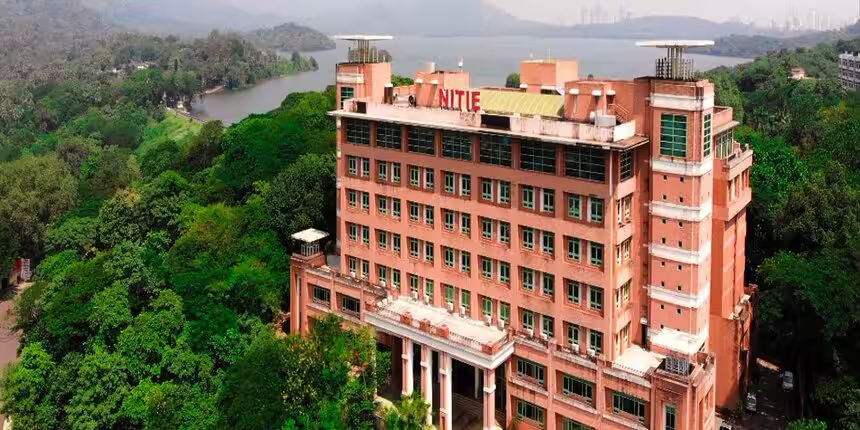Now Reading: Italy Backs India-EU Free Trade Pact, Signals Trust in Deepening Ties
-
01
Italy Backs India-EU Free Trade Pact, Signals Trust in Deepening Ties
Italy Backs India-EU Free Trade Pact, Signals Trust in Deepening Ties

Italian Prime Minister Giorgia Meloni has reaffirmed her support for a Free Trade Agreement (FTA) between India and the European Union, during a recent call with Prime Minister Narendra Modi. Their conversation covered trade, defense, space, counterterrorism, education and proposed cooperation in technology and investment. The endorsement by Italy comes at a moment when India is pushing for deeper global market access, and Tier-2 cities could feel real effects from new trade dynamics.
What India and Italy Discussed
Meloni expressed that Italy wants India-EU trade to happen as soon as possible, under terms that are fair to both sides. Modi and Meloni also reviewed several sectors under their bilateral strategic plan for 2025-29. These include defense, space cooperation, education exchanges, science and technology, counterterrorism, and people-to-people connectivity.
The two leaders also discussed the ongoing conflict in Ukraine, agreeing on the need for a peaceful resolution. Meloni backed India’s AI Impact Summit for 2026, and India appreciates Italy’s support in such global initiatives.
What an India-EU Free Trade Pact Would Mean
An FTA with the EU could open European markets for Indian goods, reduce tariffs, and simplify regulatory approvals. It may also lead to more foreign direct investment backed by clearer trade frameworks. For Indian industries, this could mean access to better technologies and supply chains. European investors, likewise, could get easier access to India’s manufacturing, tech, and green energy sectors.
It’s not just big business that matters. Lower import costs for electronics, machinery, parts, pharmaceuticals etc., could reduce production costs and prices for consumers, especially in smaller cities.
Challenges Ahead
Negotiating an FTA requires dealing with complex issues: quotas, labour standards, environmental regulations, intellectual property rules, and dispute resolution mechanisms. Agricultural exports from India often face stiff EU standards. Europeans often demand stricter labour and environmental compliance. Negotiations will also need to address how tariff reductions happen without hurting domestic industries.
Implications for Tier-2 Cities
In smaller towns, effects could come via job creation if factories expand to meet new export demand. Local businesses might need to adapt production quality to meet EU standards, which could mean more investment in training and technology. At the same time, there could be price shifts in imported goods, likely making some items cheaper, others costlier depending on duties.
Consumers may benefit if competition improves and supply chains become more efficient. But there’s also a risk that changes in regulation or tax rates could hit small manufacturers who may not have easy access to compliance infrastructure.
Conclusion
Italy’s renewed support adds momentum to India’s goal of a broad FTA with the European Union. The potential gains are clear: market access, investment, job growth, cost benefits. But numerous hurdles must be cleared—standards, negotiations, and domestic protections. For citizens in Tier-2 cities, the trade deal could bring opportunity, but it will also test their ability to adapt. The outcome will depend on balancing global ambition with grounded, equitable development.

























